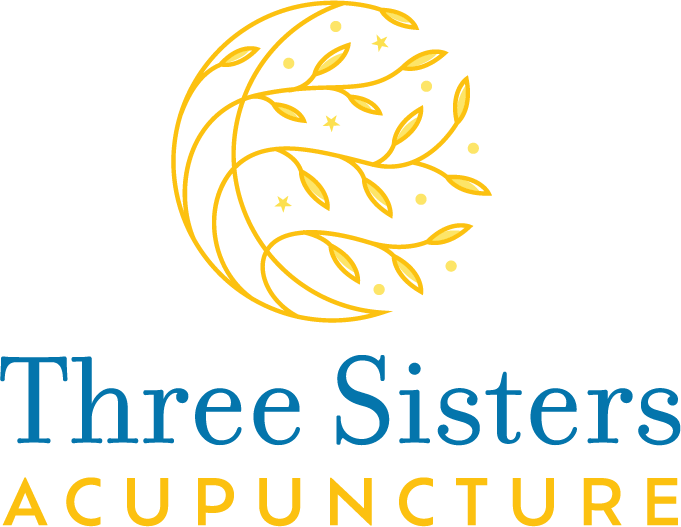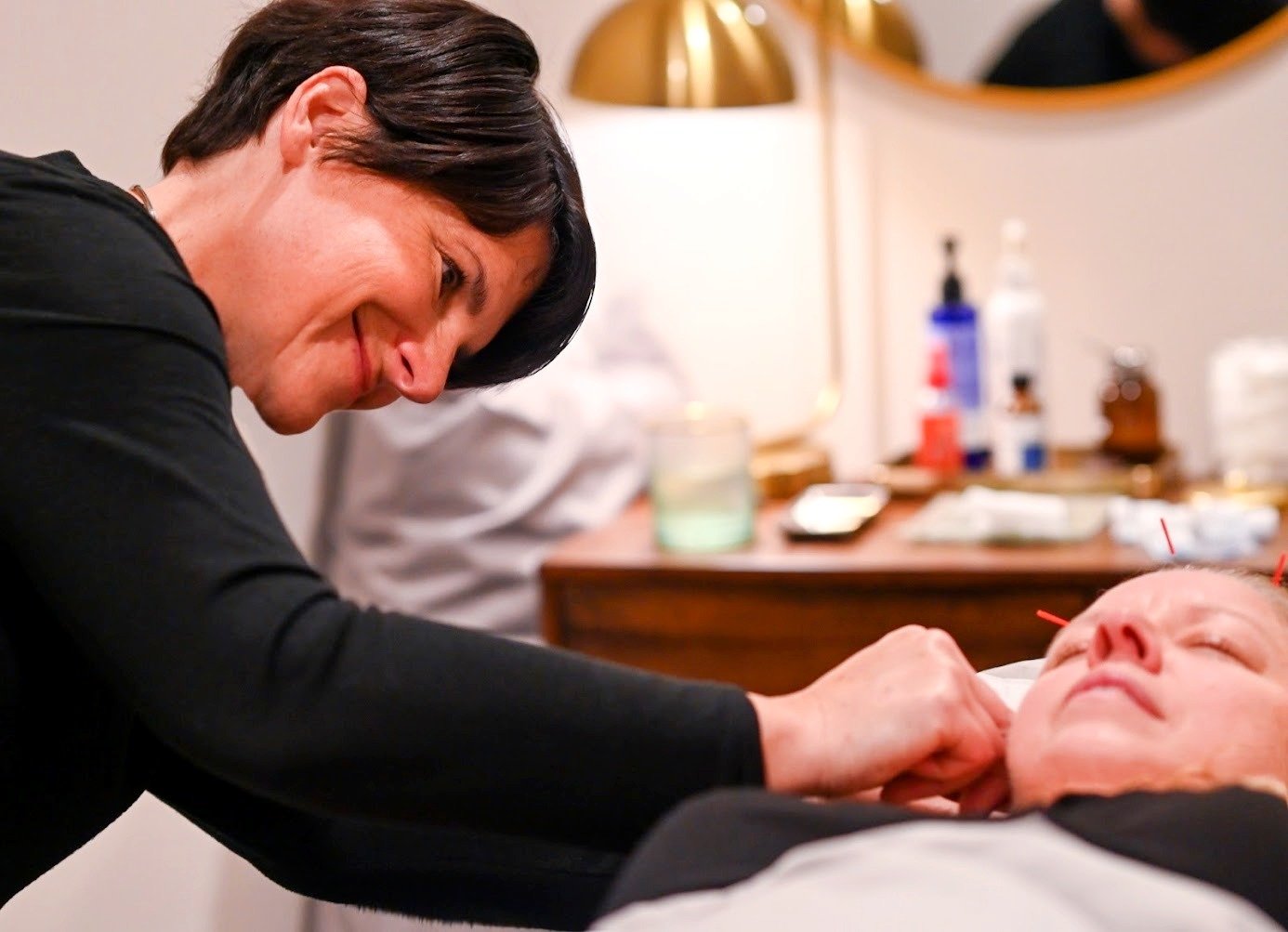How Does Acupuncture Work, Anyway?
As a part of the time-honored approach of Traditional Chinese Medicine (TCM), acupuncture is a practice that's been honed and refined over a whopping 2500 years! Imagine that, centuries and centuries of wisdom are working together to get to the root of what ails you.
So how does acupuncture work? Read on to understand the underlying principles of acupuncture, the conditions it treats, and the scientific evidence supporting its efficacy.
Historical Background of Acupuncture
Acupuncture is a cornerstone of Traditional Chinese Medicine (TCM) and has its origins in the philosophy of yin and yang (sounds like "yawn") and the movement of vital energy, or 'qi' (pronounced 'chee'), within the body. The first recordings of acupuncture date back to over 3,000 years ago in China.
Principles of Acupuncture
Qi, Meridians, and Balancing Energy Flow
At the heart of acupuncture is the concept of qi as a vital life force. According to TCM, qi moves throughout the body in pathways called meridians, which are associated with various physical and mental functions. When the flow of qi is disrupted or unbalanced, illness can result, both physically and emotionally.
Acupuncture is all about strategically placing hair-thin needles into your skin at very specific points along the meridians. And here's a fun fact - there are a whopping 2000 unique points on the human body that can be accessed during acupuncture, each with its own special function. We like to think of these points as teeny 'information hubs' that deliver healing messages deep into your body.
So, what's the magic behind acupuncture? It's a fantastic assistant in helping your body restore homeostasis, making sure everything is in sync and running as it should. It improves your circulation, interrupts pain signaling to decrease discomfort, balances your body's chemical makeup and lowers inflammation.
Mechanisms of Action in the Body - Stimulating Endorphin Release
One of the primary mechanisms through which acupuncture is believed to work is the stimulation of the body's natural painkillers – endorphins. These neuropeptides help to alleviate pain and can induce a sense of well-being.
Modulating Neurotransmitters
Acupuncture has also been shown to influence the central nervous system and the release of neurotransmitters. By activating pathways that suppress pain signals, acupuncture can have a potent analgesic effect.
Enhancing Blood Circulation
The insertion and manipulation of needles can lead to the dilation of blood vessels, increasing the flow of oxygen, nutrients, and immune substances. This not only aids in recovery but also provides an explanation for acupuncture's action in some types of chronic disease and immune regulation.
Conditions Treated with Acupuncture - Pain Management
Acupuncture is perhaps best known for its effectiveness in managing various forms of chronic and acute pain, including back pain, migraines, and arthritis. As a non-pharmacological intervention, it offers a natural approach to mitigating discomfort.
Stress and Anxiety Reduction
By promoting the release of endorphins and other "feel-good" hormones, acupuncture can help reduce stress and anxiety levels, fostering a sense of calm and relaxation.
Digestive Disorders
Acupuncture is used to regulate digestive functions and manage issues such as irritable bowel syndrome (IBS), indigestion, and nausea, often as part of a more comprehensive treatment plan that may include dietary adjustments and herbal medicine.
Fertility Issues
In the realm of reproductive health, acupuncture is used to support fertility, particularly in conjunction with in vitro fertilization (IVF) and other assisted reproductive technologies, aiming to improve success rates.
Insomnia
For those struggling with sleep disorders, acupuncture can be part of an effective strategy to improve sleep quality. By addressing underlying imbalances, it can promote a healthy sleep-wake cycle.
Scientific Evidence Supporting Acupuncture
Despite its ancient roots, acupuncture is not merely anecdotal; scientific research is increasingly catching up to this ancient tradition. There is a growing body of evidence supporting acupuncture’s efficacy in treating a range of conditions, bolstering it as a complementary medicinal practice.
What to Expect During an Acupuncture Session
Acupuncture is a very relaxing experience and relatively painless. But.... needles! The needles are whisker-thin, used once, and then disposed into a biohazard container. The needle is used as a conduit for transferring and manipulating Qi in various ways. On the whole, acupuncture should be a pleasant, calming, and safe experience.
Sensations and Potential Side Effects
Patients often report a range of sensations during a session, from a slight prick to a dull ache or a tingling feeling, which is a sign that the technique is having an effect on the body's energy. Acupuncture is considered a safe procedure when it is performed by a trained professional, with very few reported side effects.
Treatment Process
Your initial appointment will be an in-depth health assessment, and your second visit will be your first acupuncture session. The number of needles and their placement will vary depending on the individual and the condition being treated.
If you have any questions not answered in this post about acupuncture, or are looking to strengthen your health toolkit with a holistic approach, we would love to support you! Call Three Sisters Acupuncture and schedule your new patient consultation or follow-up: 207.805.1350.
I look forward to supporting you! Chris White, LAc

